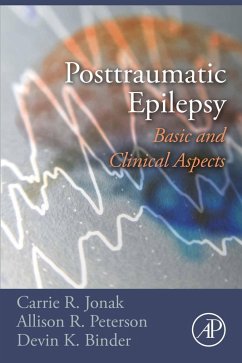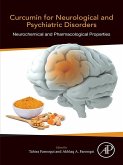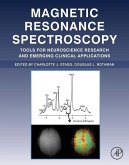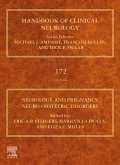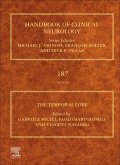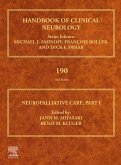Posttraumatic Epilepsy: Basic and Clinical Aspects provides a synthesized resource on the recent basic and clinical science developments in the field of posttraumatic epilepsy. This book provides a clear understanding of the history of studies and epidemiology of posttraumatic epilepsy after head injury. The book also considers the neuropathology of posttraumatic epilepsy and clinical trials of antiepileptogenic agents evaluated after traumatic brain injury. The book covers the basic science of animal models of traumatic brain injury and the necessary and sufficient changes that must occur to generate epilepsy after head trauma. The authors explore potential mechanisms and novel therapeutic approaches to prevent posttraumatic epilepsy. The book is written for basic and clinical researchers in neuroscience as well as for clinicians treating patients with epilepsy.
- Reviews the history and epidemiology of posttraumatic epilepsy
- Considers the neuropathology of posttraumatic epilepsy
- Synthesizes studies demonstrating risk factors for susceptibility to epilepsy after head trauma
- Reviews animal models of traumatic brain injury
- Addresses our current understanding of mechanisms of posttraumatic epilepsy
- Explores novel therapeutic approaches to prevent posttraumatic epilepsy
Dieser Download kann aus rechtlichen Gründen nur mit Rechnungsadresse in A, B, BG, CY, CZ, D, DK, EW, E, FIN, F, GR, HR, H, IRL, I, LT, L, LR, M, NL, PL, P, R, S, SLO, SK ausgeliefert werden.

